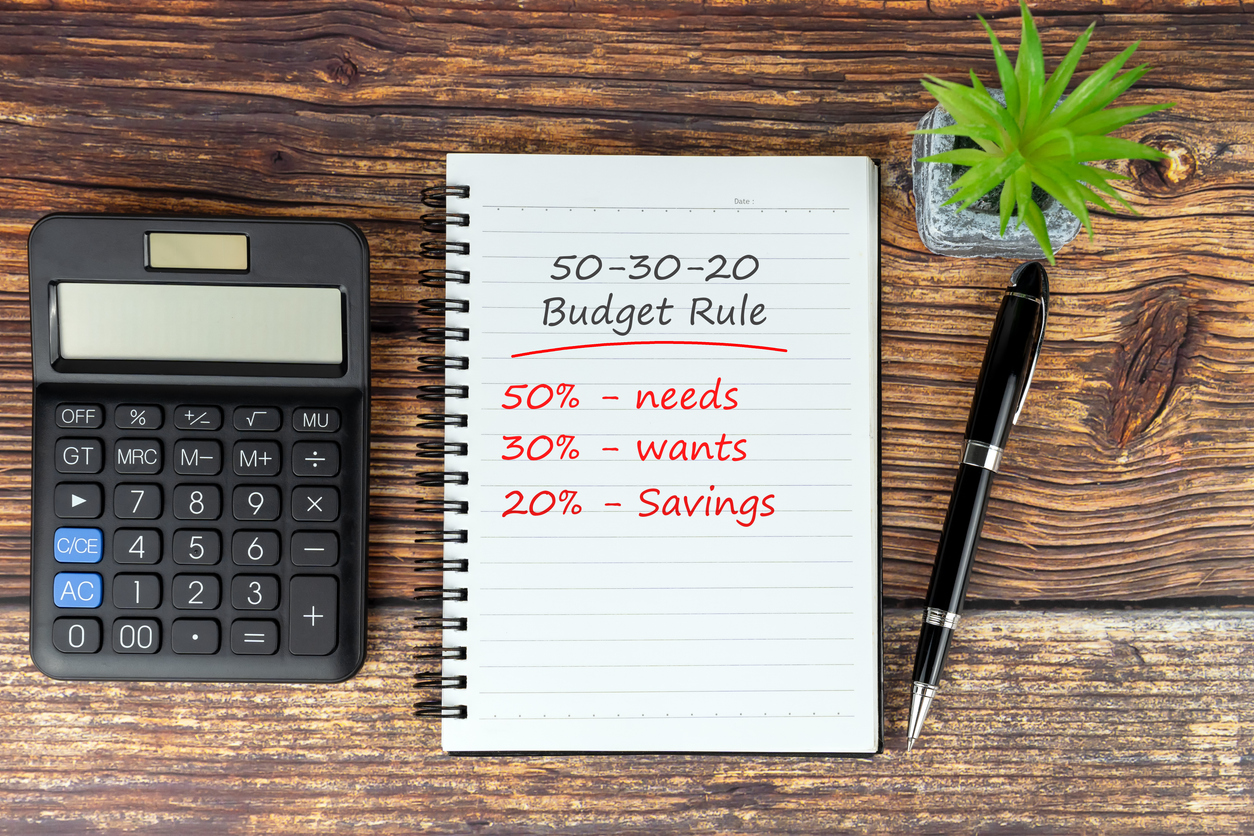The number of adults who do not have kids, and do not think they will ever have children, is growing. Why is this happening even when some of those people say they want kids? How do these adults feel about the prospect of never having children? Decades of survey data offer some answers.
Toward the end of 2021, the Pew Research Center surveyed adults in the U.S., aged 18 through 49, who did not already have children and asked them how likely it was that they would ever have children. A similar survey had already been conducted three years earlier, in 2018.
Many Adults Think They Might Never Have Children
Single Life | 17th June 2022 by Bella DePaulo
The number of adults who do not have kids, and do not think they will ever have children, is growing. Why is this happening even when some of those people say they want kids? How do these adults feel about the prospect of never having children? Decades of survey data offer some answers.

The men and women who say having kids is unlikely
Toward the end of 2021, the Pew Research Center surveyed adults in the U.S., aged 18 through 49, who did not already have children and asked them how likely it was that they would ever have children. A similar survey had already been conducted three years earlier, in 2018.
In 2018, 37 per cent said it was “not too likely” or “not at all likely” that they would have children someday. By 2021, that number had increased to 44 per cent.
Much of the research on intentions to have children include only women. The Pew surveys on intentions to have children included men, too, and found no differences between the women and the men. (No results were reported for people who identify as other than male or female.)
The adults who said it was unlikely that they would ever have children were asked why. The number one reason was that they just did not want to have children. More than half, 56 per cent, said that. The younger adults (those below 40) were even more likely than the older ones (ages 40-49) to say that they just didn’t want to have kids: 60 per cent, compared to 46 per cent.
What about the 43 per cent of the adults who said they probably would never have any children, but not because they didn’t want children? What were their reasons? They answered that question in their own words, sometimes offering more than one reason. The three most common reasons the men and women gave for why they would probably never have kids, even though they probably did want them, were:
- Medical reasons (19 per cent)
- Financial reasons (17 per cent)
- No partner (15 per cent)
Other reasons included thinking that they or their partner were too old (10 per cent), the state of the world (9 per cent), climate change/the environment (5 per cent), and that their partner doesn’t want kids (2 per cent).
The drop in intentions to have children between 2018 and 2021 might be explained by the pandemic. However, even before the pandemic, birth rates were declining. Another Pew Report noted that 2019 marked the fifth consecutive year in which the U.S. birth rate had declined.
What happens when women approach the end of their childbearing years?
There is an interesting exception to the overall decline in birth rates. For women nearing the end of their childbearing years, the number having children is increasing. Census Bureau data, when analyzed by Pew researchers, showed that in 2008, 82 per cent of women between the ages of 40 and 44 were mothers; by 2018, that number increased to 85 per cent.
Women who have always been single (never married) are less likely to be mothers. In 2018, 59 per cent were mothers, compared to 85 per cent for all women between 40 and 44. But that 59 per cent represented a huge increase since 1994 when just 32 per cent of women who had always been single were mothers.
In a number of surveys over the years, women between 40 and 44 have been asked whether they want to have children. The number who are saying yes is increasing. In her analyses of their answers, Bowling Green State University professor Karen Benjamin Guzzo found that in 2002, 35 per cent of women in their early forties who did not already have children, wanted to have children. By 2013, that number increased to 42 per cent.
Then professor Guzzo looked at their answers to a different question: did they intend to have children? She found that fewer than half of the women who wanted to have children said that they intended to have children.
In 2002, 35 per cent of women in their early forties who did not already have children said that they wanted to have children, but only 16 per cent said that they intended to have children. In 2013, when 42 per cent of those women said that they wanted to have children, only 18 per cent said that they intended to do so.
Professor Guzzo’s report did not include reasons for why those women approaching the end of their childbearing years did not intend to have children, even though they wanted children.
The results of the Pew surveys suggest some possibilities: They may have medical reasons or financial obstacles, they may consider themselves too old, or they are not having children because they do not have a spouse or romantic partner.
At the same time that more women in their forties who did not already have children but were saying that they still wanted to have children, a growing number were also saying that it would not bother them if they did not ever have kids.
In 2002, 55 per cent said it would bother them “not at all” or just “a little”; by 2013, that number increased to 67 per cent. Taken together, those findings suggest that even among the women who did still want to have children, some of them would not be all that bothered if it never happened. Others, though, would care, sometimes a great deal.
The adults who are not having the kids they want because they are single
Increasingly, being single is not stopping people from having kids if they want them. Among women approaching the end of their childbearing years, the number of always-single women who are mothers has increased from 32 per cent in 1994 to 59 per cent in 2018. And yet, substantial numbers (15 per cent) of single people—men and women—are still saying that they are not intending to have the children they want to have because they don’t have a partner.
Part of the problem, I think, is that single parenting is still somewhat stigmatised. Claims are made that the children of single parents are just not going to fare as well in life as the children of married parents, but often those claims are grossly exaggerated, based on misinterpretations of the research, or just plain wrong.
In a recent essay, Nicole Sussner Rodgers posed an important question: “Motherhood isn’t contingent on a romantic relationship. So why do we still treat it that way?” She argues for “a culture where everyone who wants to love, nurture and raise a child has the opportunity to do so.”
Plenty of people are concerned about declining birth rates. Helping single people have the children they want to have would be one way to address those concerns.
There’s another important reason, too, to be supportive of single people who want kids—if they don’t feel so stigmatised for being a single parent, they will be less likely to “have children within unhealthy and fragile partnerships out of fear of a missed opportunity.”
Those unhealthy partnerships may pose real risks to children. For their article published in Psychological Bulletin, Rena L. Repetti and her colleagues reviewed every study they could find about the kinds of family environments that could prove risky to children’s mental and physical health. They found that the truly risky families were the ones “characterized by conflict and aggression and by relationships that are cold, unsupportive, and neglectful.” That’s what mattered most, not whether kids were raised by one single parent or two married parents.
Dani McClain has an interesting perspective on her friends who want kids but worry about being single. In an article adapted from her book, We Live for the We: The Political Power of Black Motherhood, she wrote:
“Throughout my 30s, I was sympathetic, but somewhat baffled, as I watched some of my women friends struggle to make peace with their unmarried, unpartnered status. Many of them seemed to feel that kids were unlikely, since no partner was in sight, but their predicaments just looked to me like another way to do life. Because of my own upbringing, I felt liberated from the assumption that marriage and mothering must go together.”
This article was first published here.
Share this post:
Hear from Solo Living now and then by signing up to our mailing list





















